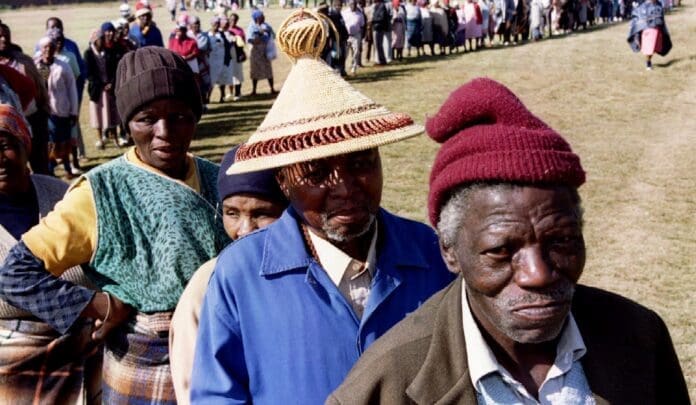As South Africa approaches the 30th anniversary of the end of apartheid on April 27, we reflect on the progress we have made as a nation and the challenges that still lie ahead. The upcoming national election on May 29 provides us with an opportunity to not only exercise our democratic right to vote but also to remember that real change comes from holding our leaders accountable through protest and community organizing.
The end of apartheid in 1994 marked a significant milestone in South Africa’s history, but the legacy of economic inequality, corruption, and inadequate service provision still lingers. Despite the progress made, there is still work to be done to address the systemic issues that continue to affect our society.
Over the past three decades, South Africans have shown the power of people coming together to fight for their rights. From the Treatment Action Campaign to #FeesMustFall, citizens have taken to the streets to demand change and hold their leaders accountable. These movements have not only shaped our democracy but have also shown that real change comes from collective action.
As we approach this year’s election, it is essential to remember that democracy is not just about casting a ballot but about actively participating in our society to ensure that our voices are heard. By holding our leaders accountable and working together, we can continue to strive towards a more just and equitable future for all South Africans.
The upcoming election will be a pivotal moment for our democracy, and as we commemorate the end of apartheid, we must continue to fight for the ideals of equality, justice, and freedom that so many sacrificed for. Our journey towards a more inclusive and prosperous South Africa is ongoing, and it is up to each of us to play our part in shaping the future of our nation.
